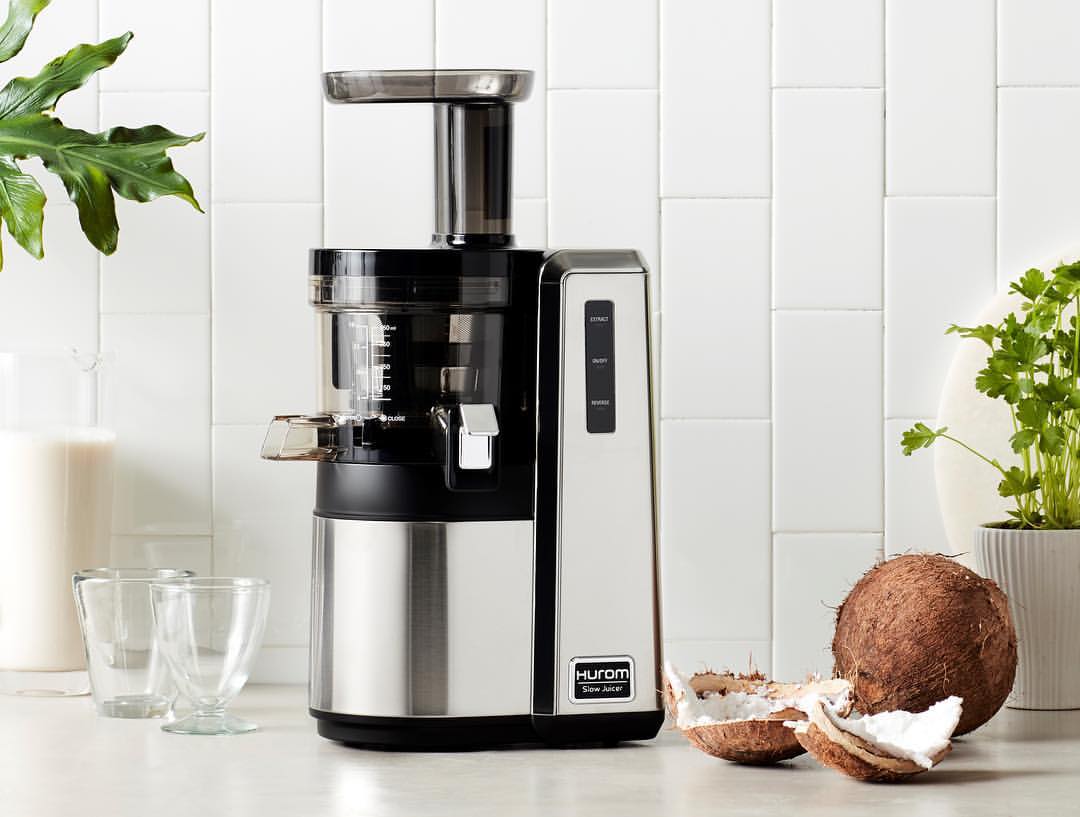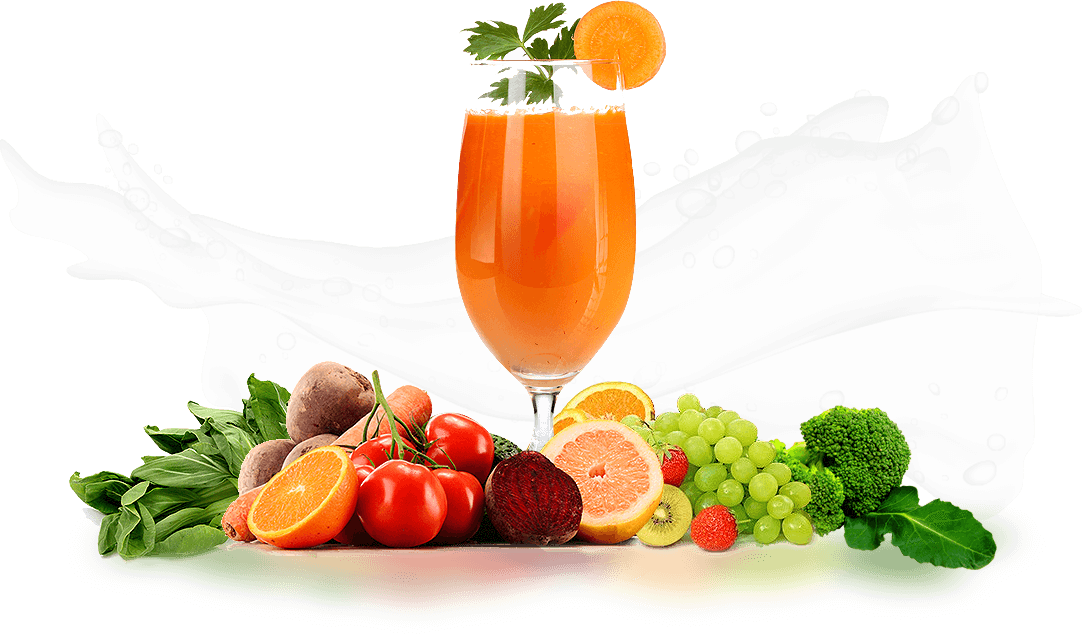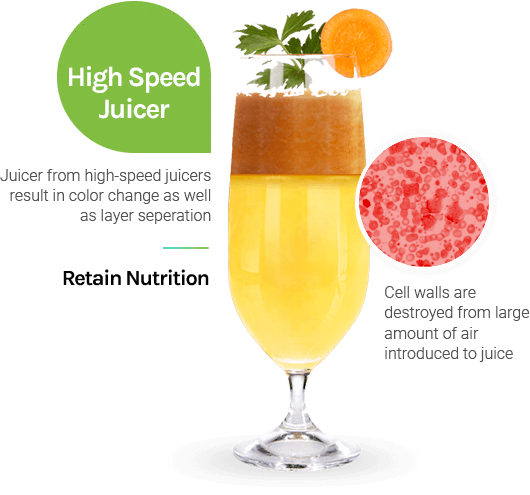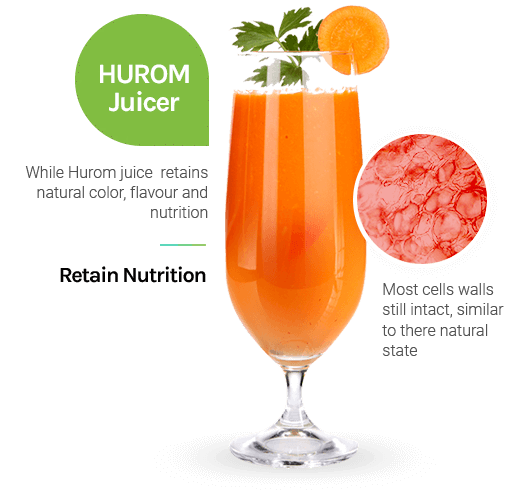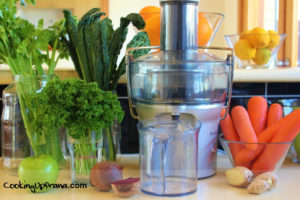
Juicing is one of the most beneficial”health hacks” around. It provides the ability to get the nutritional benefits of eating a bag full of fruit and vegetables and puts it into a drinking single glass of juice. The benefits of getting all that nutrition ranges from weight loss to overcoming many chronic diseases.
When it comes to drinking fruit/vegetable juices, you have two option. You can buy pre-made juices available at your local health food store or juice bar. Or you can make your own using a home juicer. In this fast paced lifestyle, many would prefer to just buy the pre-made juice just to save the time for doing it themselves . Unfortunately going that route for most people is just too expensive. In fact, a single bottle of juice can range anywhere from 5-10 dollars.
So, if you can’t afford buying your juice at a retail store, then you are going to need to buy a home juicer. While this sounds like a simple task, there is actually a lot you need to know before buying your juicer based on your goal for juicing and your specific lifestyle.
In this guide from Food Matters, they go over everything you need to know about buying your next juicer in this Juicer Buying Guide:
“Juicer Buying Guide
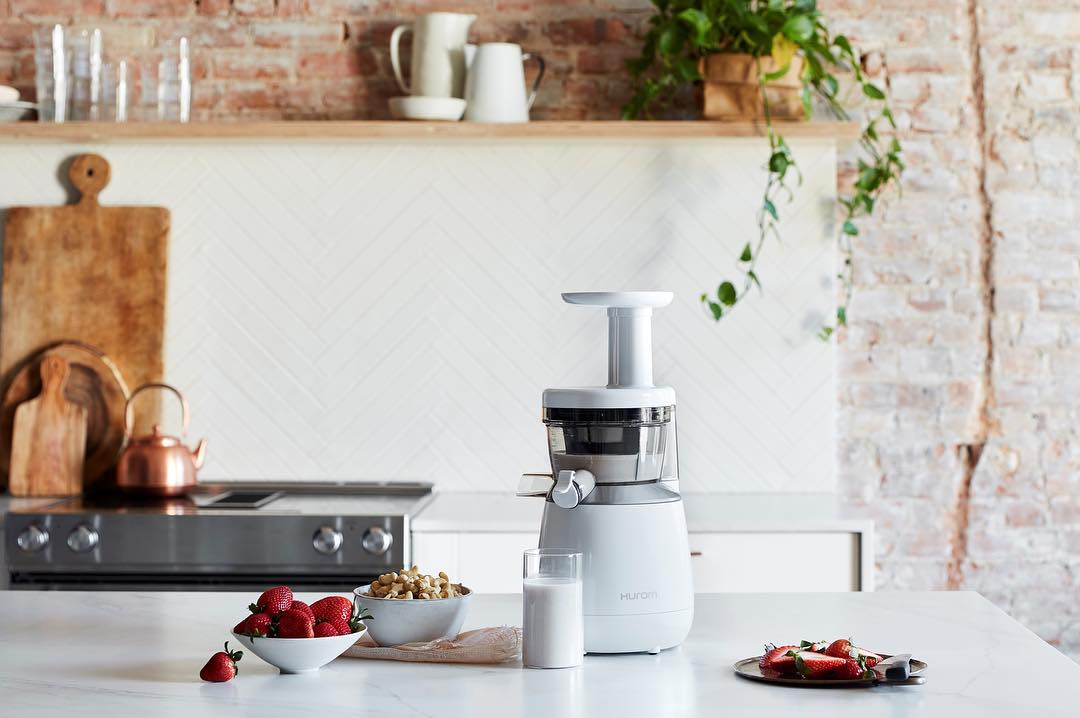
Photo By Kyle Anne Willets
